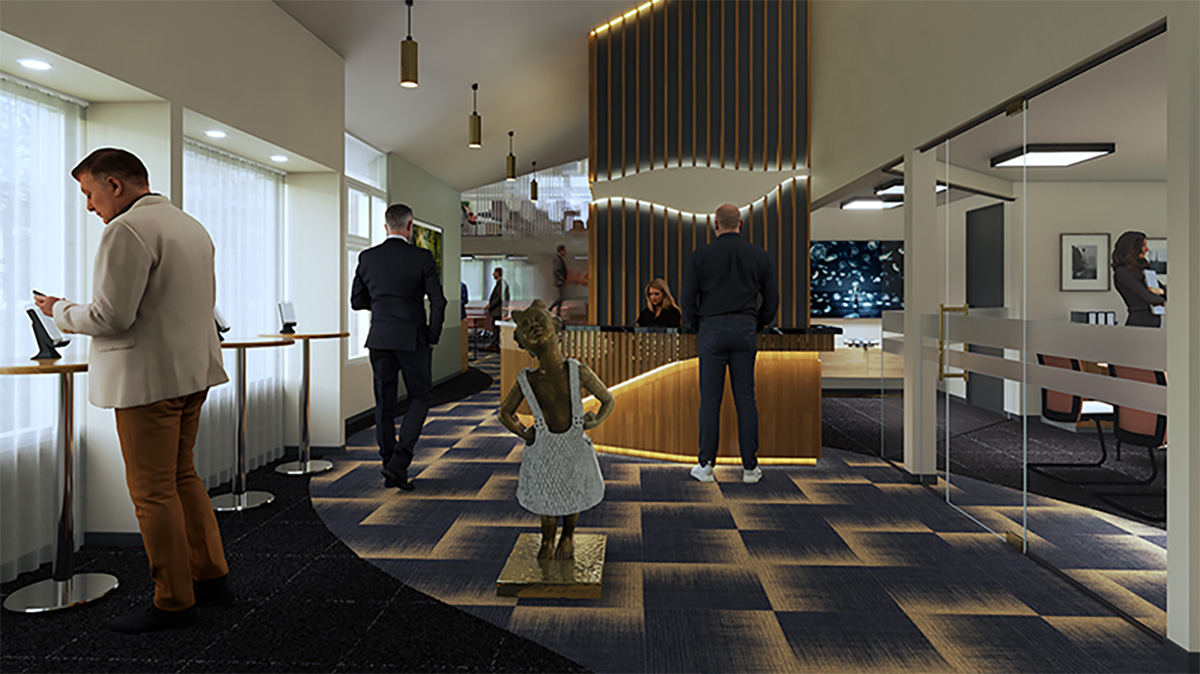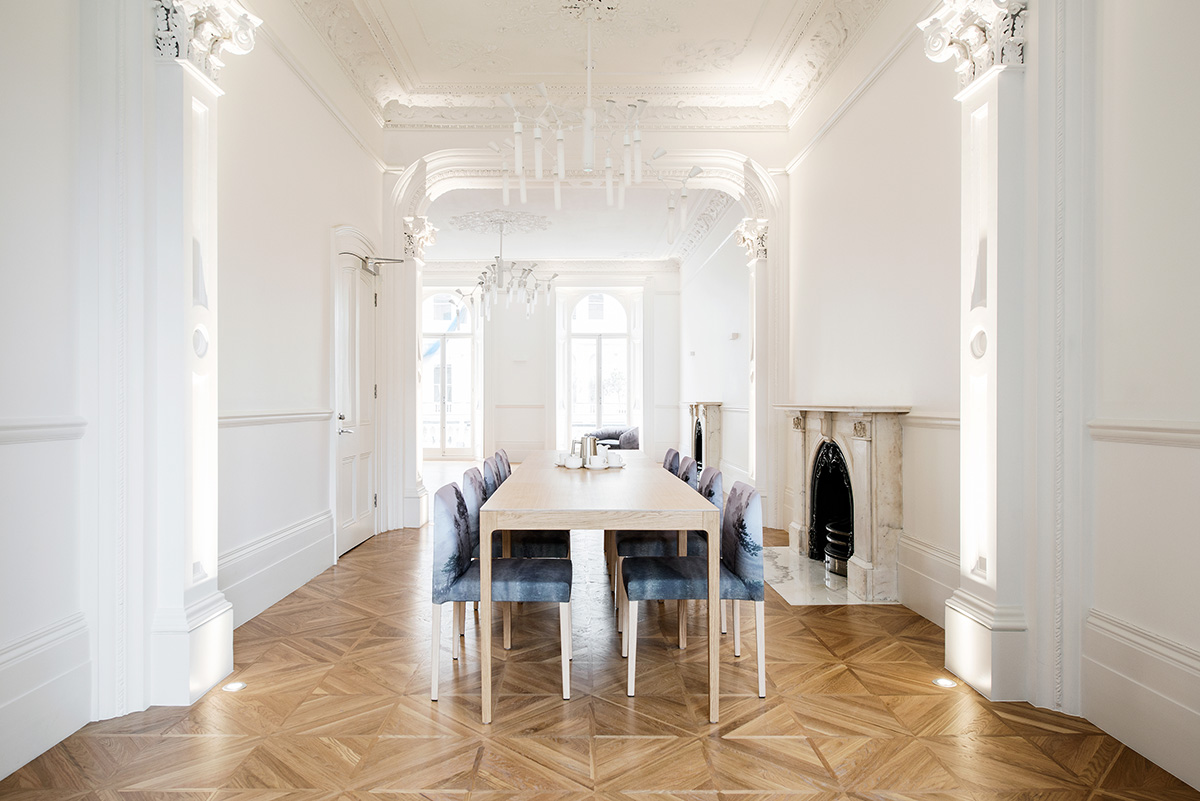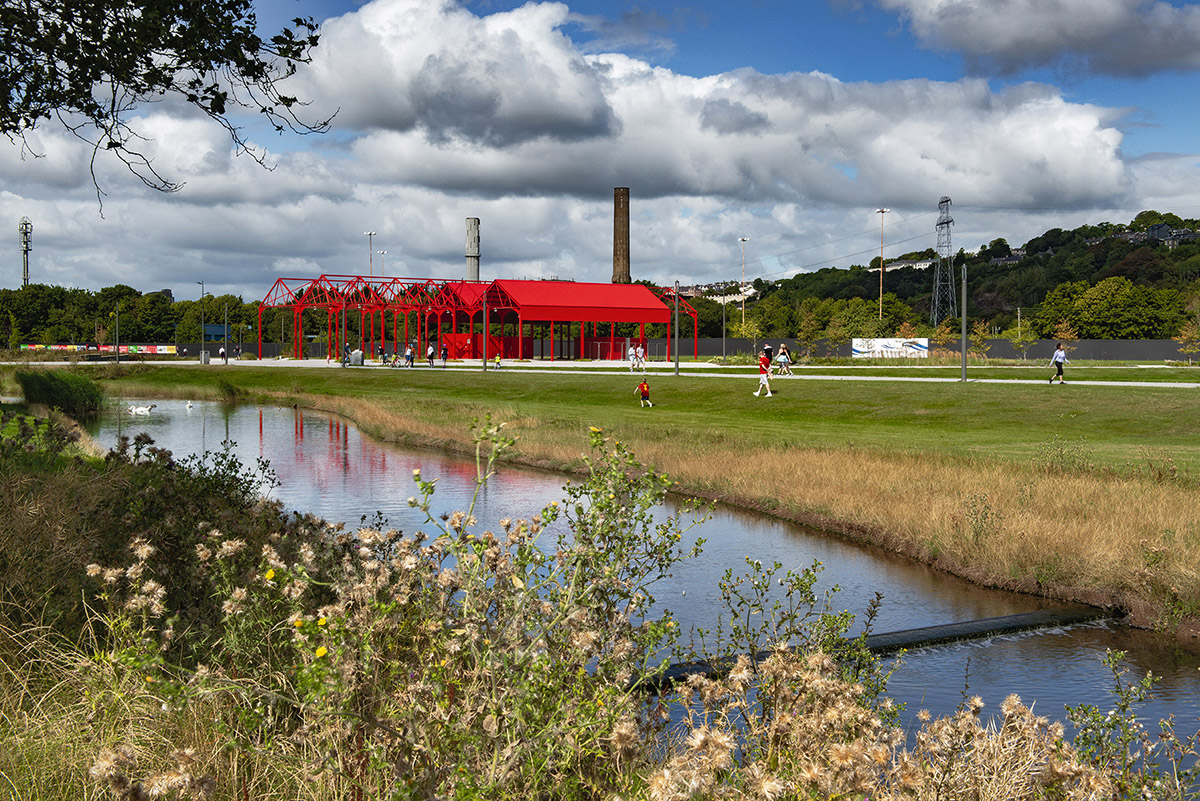The travel industry needs design as a force for development
By Mats Widbom
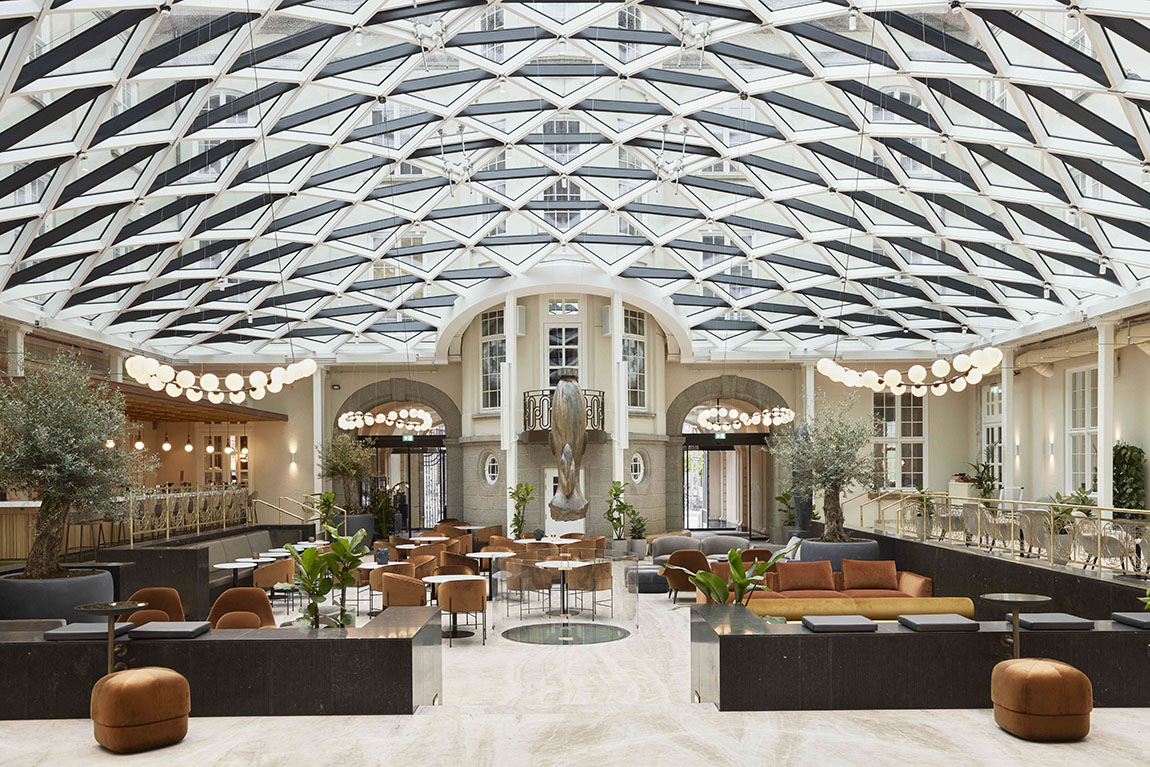
Villa Copenhagen, Krook & Tjäder. Gloria, Joel Karlsson Krook & Tjäder Design.
Most people probably associate design with physical objects made within industrial design, product design and furniture design. Or, they assume it’s within something visual like graphic design, web design and illustration. However, an increasingly important area of design is one concerning its intangible aspects. This includes concepts like design thinking, service design and the design process itself.
Through visualisation, designers can make different complexities understandable. This is especially important in relation to the sustainability, which is often a complex challenge and requires a holistic perspective. And because holistic, complex issues often require complex answers, design processes can make a big difference in delivering positive long-term results.
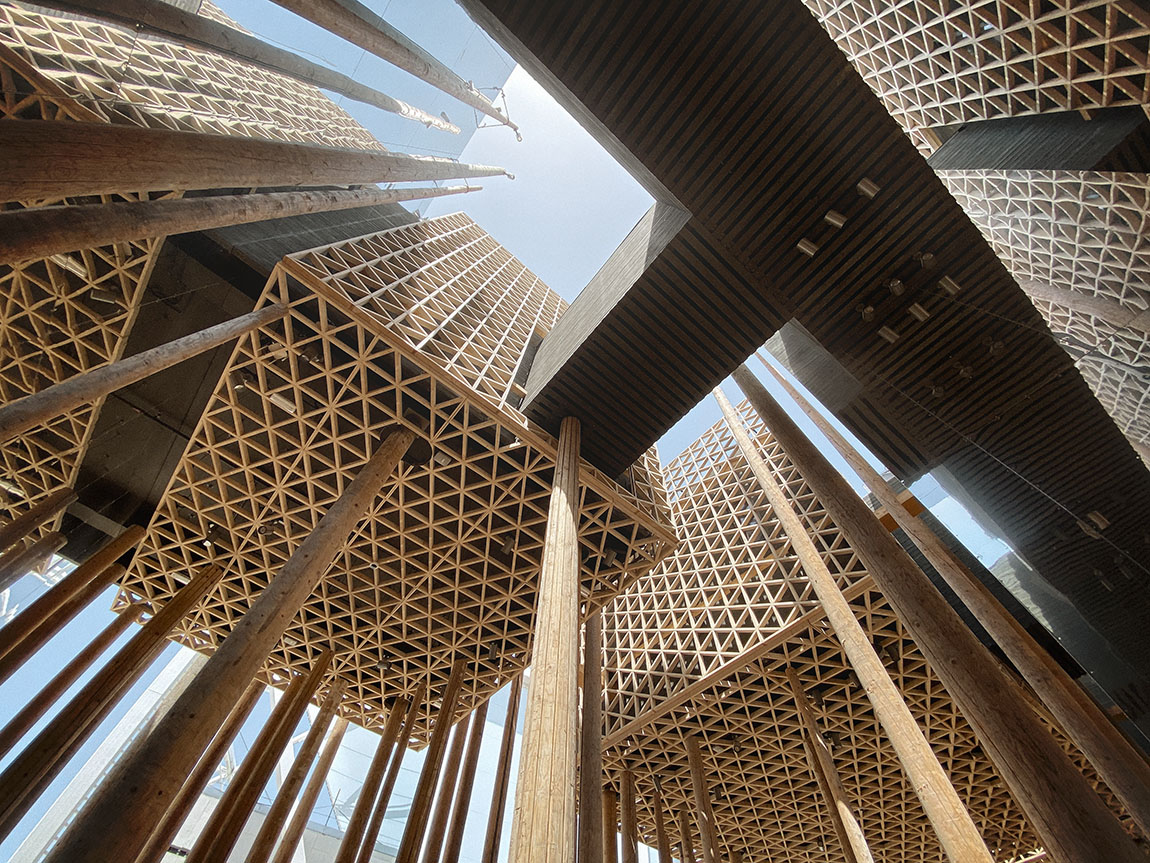
Photo: Reflex Arkitekter
This also goes for how we choose to travel. The aviation industry must innovate new fuel solutions, and the consumer must take greater responsibility and seek sustainable alternatives for their travel. But to enact change, we must achieve a combination of top-down legislation and bottom-up influence through the individual’s choice.

Photo: Essem Design
However, one challenge lies in the fact that society’s green-system transformation must happen in a short time – some ten years, if you listen to researchers and the most ambitious roadmaps for a fossil-free future. Yes, complex issues require complex answers, but if designers are given the chance to come on board early enough in the planning process, then design can make a difference – not least in the aviation and travel industry.
Time is of the essence.
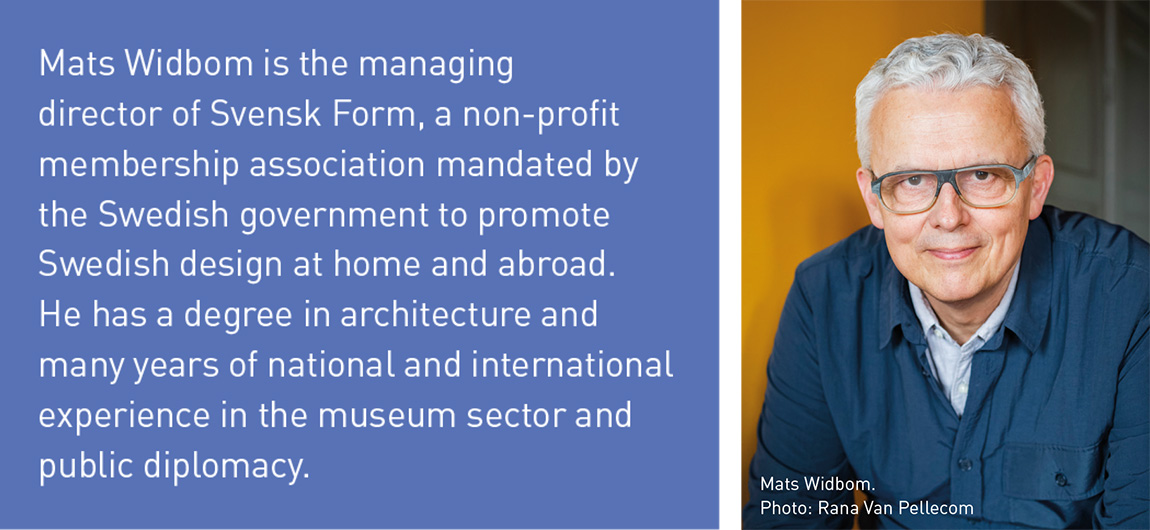
Web: www.svenskform.se
Subscribe to Our Newsletter
Receive our monthly newsletter by email

